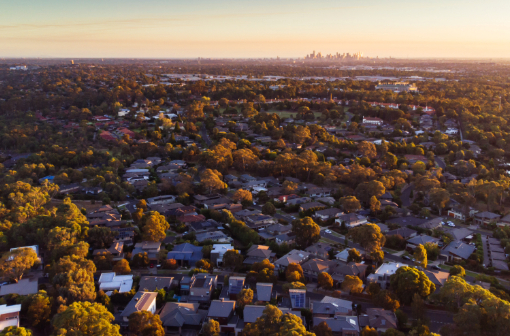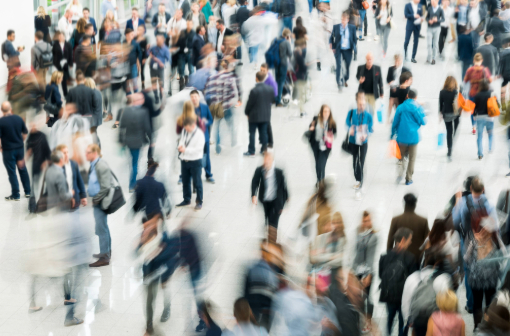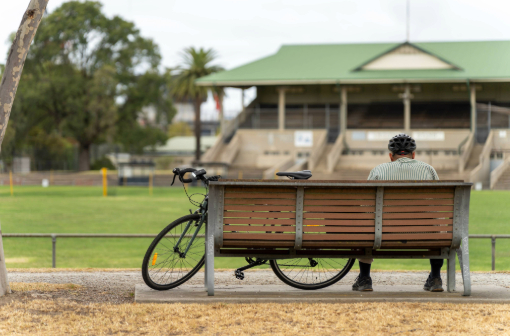“One of my retirement projects has been joining our local writing group. There are fewer than 1000 people in the community so, as you would imagine, we are a very tight-knit cluster.”
Key points
- We know from Australian Unity Wellbeing Index research, developed in partnership with Deakin University, that Real Wellbeing embodies so much more than just our health.
- Having dedicated connections with your community—like the writing group and board membership in this diary—provide a sense of purpose that is important to our wellbeing.
- As our diarist has found, retirement can be a time to explore your hobbies and interests and generally take care of yourself.
The term wellbeing gets bandied about a lot these days, but we know from Australian Unity Wellbeing Index research that Real Wellbeing encompasses not only our health, but also our finances, sense of purpose, relationships, connection to our community, safety and our feelings about our future. Here we follow a week in the life of a semi-retired business owner to discover how he looks after his wellbeing.
Age: 60+
Job: Semi-retired business owner
Lifestyle: Lives alone on five acres in country Victoria

Day one: Monday
The sun shines through my window around 6:00am every morning, so my wake-up time rarely changes. First, it’s coffee and back to bed for ABC radio news, then the BBC and The Guardian on my phone. By 7:30 I’m up and ready for breakfast. I have a piano lesson tomorrow so I need to practice—my teacher won’t accept second-best.
It’s a cool day, so I do some gardening followed by a shower, TV news and dinner—homemade curry of sorts, a read and bed. Thankfully, I’m one of those people who falls asleep before their head hits the pillow.
Day two: Tuesday
My house is on five acres so, rather than wondering how to fill in the time, my challenge is balancing jobs with pleasure.
I started work on my house as an “owner-builder” 35 years ago and I’m still going. We all know that a builder’s own house is never finished! This one is made from stone and wood, so I’ve decided to landscape extensively with dry-stone walls. I currently have 40 tonnes of granite on my front lawn.
The piano lesson went well.
Day three: Wednesday
In May 2019, I stepped back from the family food business I started in 1993 to enter a period of semi-retirement.
When I ran the business full-time, Wednesday was always my day for accounts, machinery maintenance and business planning, and even though other people are running the practical side of the business now, I still do the books on Wednesday mornings.
After lunch I sit down for a bit of a writing session. One of my retirement projects has been joining our local writing group. There are fewer than 1000 people in the community so, as you would imagine, we are a very tight-knit cluster. We read and discuss books on a monthly topic, and we also write, share our efforts, and comment and criticise our own, and each other’s, stories. You need a thick skin but it’s fun.
Day four: Thursday
More work on the stone wall—thank goodness for my small tractor—then I spend the afternoon indoors reading, playing the piano and doing my best to justify having a collection of 14 guitars.
When I retired, I was appointed to the board of a local not-for-profit organisation. I’m not at all experienced in committees, let alone boards, so I’m on a steep learning curve and doing my best to make a contribution. It’s certainly helping to keep my brain active.

Day five: Friday
This weekend I’m walking the Victorian High Plains with friends. I need to stock up on food, wash what needs to be washed, gather together all the bits and bobs I require, pack the pack and load the car. I really should have done it all yesterday.
When I was a working man and constantly rushing to meet schedules, planning and delivery had to be done on time. These days it’s more mañana, mañana (tomorrow, tomorrow)—sadly, the only Spanish I’ve thought about this week. I’ve been trying, yet again, to learn the language. It feels like mission impossible but, being an optimist who never quits, I’m still hanging in there.
By 1.30pm the car is loaded and I’m off.
Day six: Saturday
We’re walking south from the Falls Creek region towards Mt Hotham—a place I haven’t visited before. Our destination for the night is Young Hut. On the way, we have a great time sharing stories and food with youngsters from Victoria College, who are on a practical exercise for their Outdoor Education degree, and four horseback riders complete with packhorses—shades of The Man from Snowy River!
There’s fantastic camaraderie at Young Hut, with more than 25 people sharing the site. It’s a great place to be while a storm rages outside the tent. Overnight, the Bureau of Meteorology records wind gusts in excess of 120 kilometres per hour.
Day seven: Sunday
Up early, breakfast, break camp, walk out and drive home with a stop for hamburgers and drinks. When I get back, I dump my pack and fall into bed well and truly exhausted. I don’t even have the energy to dream.
How do I rate my wellbeing?
I feel very privileged as, unlike many Australians and others around the world, I have a small income, money in the bank and adequate superannuation to draw on if and when the need arises. I also own my own home, live in a caring rural community, and have family and friends I love and who love me.
I’m also lucky enough to be in good health. The work I did in my own business was very physical and, by the time I moved on, I needed a new hip. I also felt mentally drained. Now I’m back to being fighting fit.
All of this means I have a very solid base for making choices about the future—although the COVID-19 pandemic changed my expectations of retirement quite dramatically. Instead of periods of extensive travel, my immediate future is centred a lot closer to home. Now it’s all about landscaping and garden development, house maintenance and renovation, reading and music, High Country walks and enjoying being part of the local community.
Disclaimer: Information provided in this article is of a general nature. Australian Unity accepts no responsibility for the accuracy of any of the opinions, advice, representations or information contained in this publication. Readers should rely on their own advice and enquiries in making decisions affecting their own health, wellbeing or interest.


